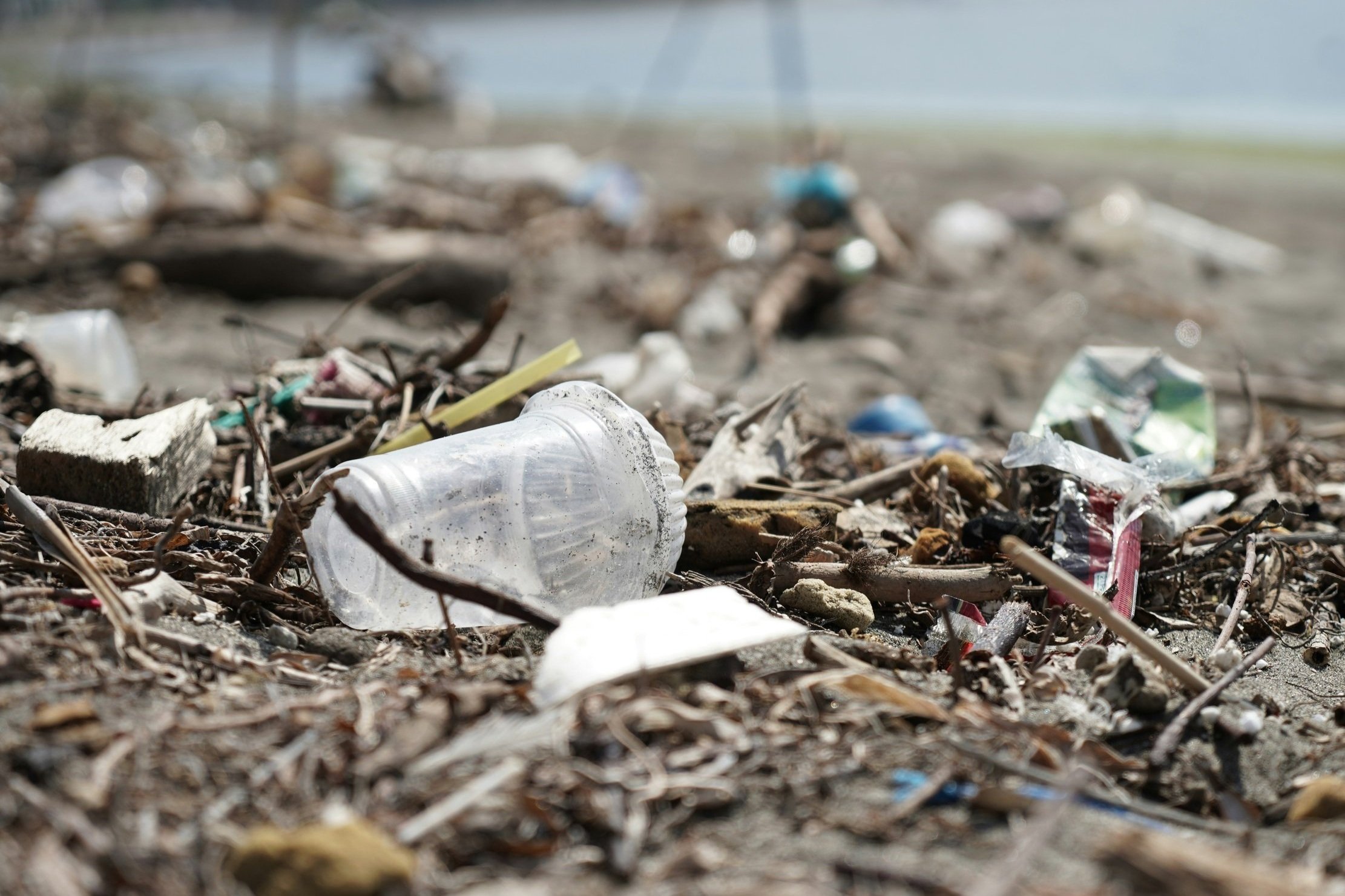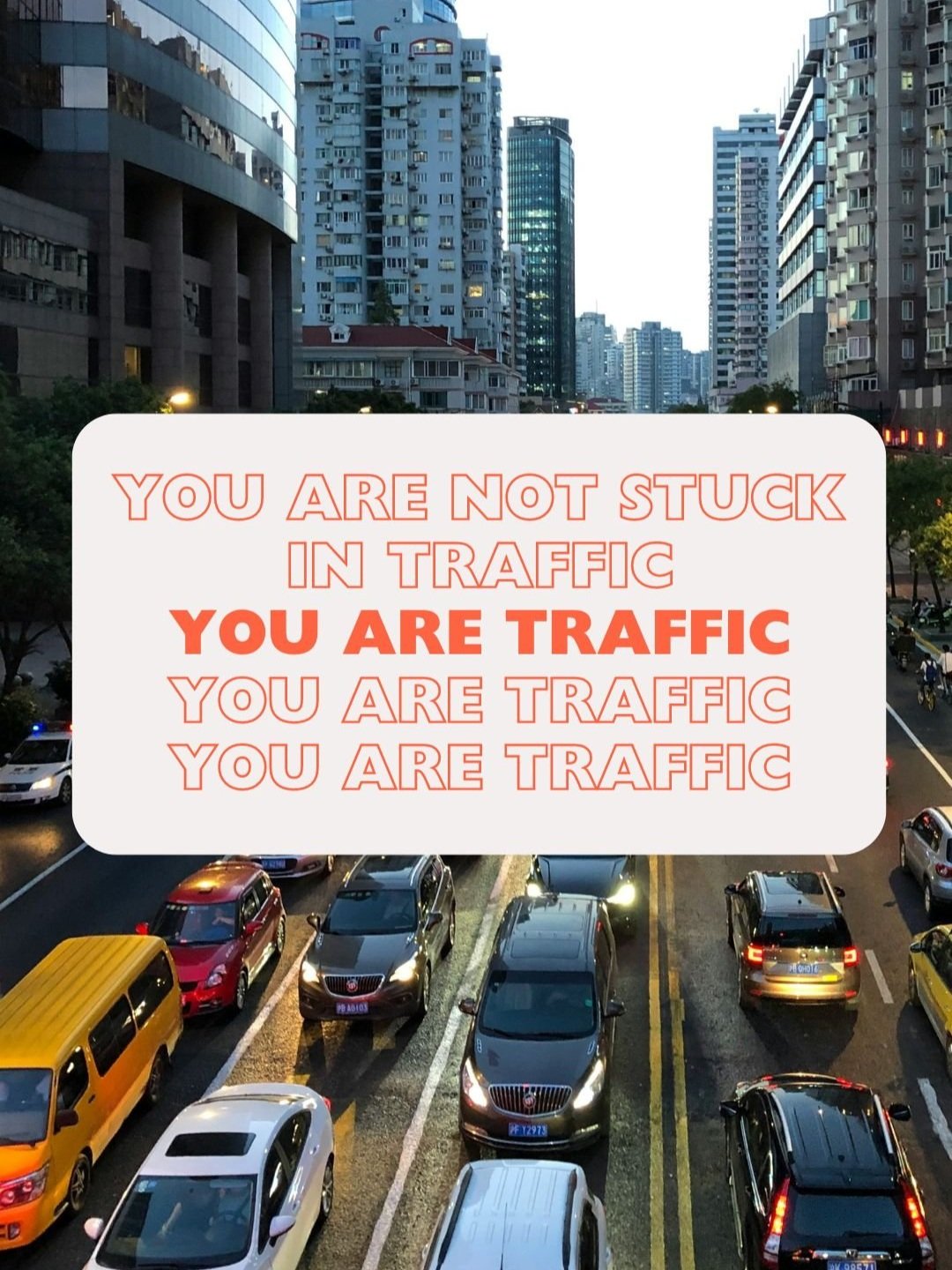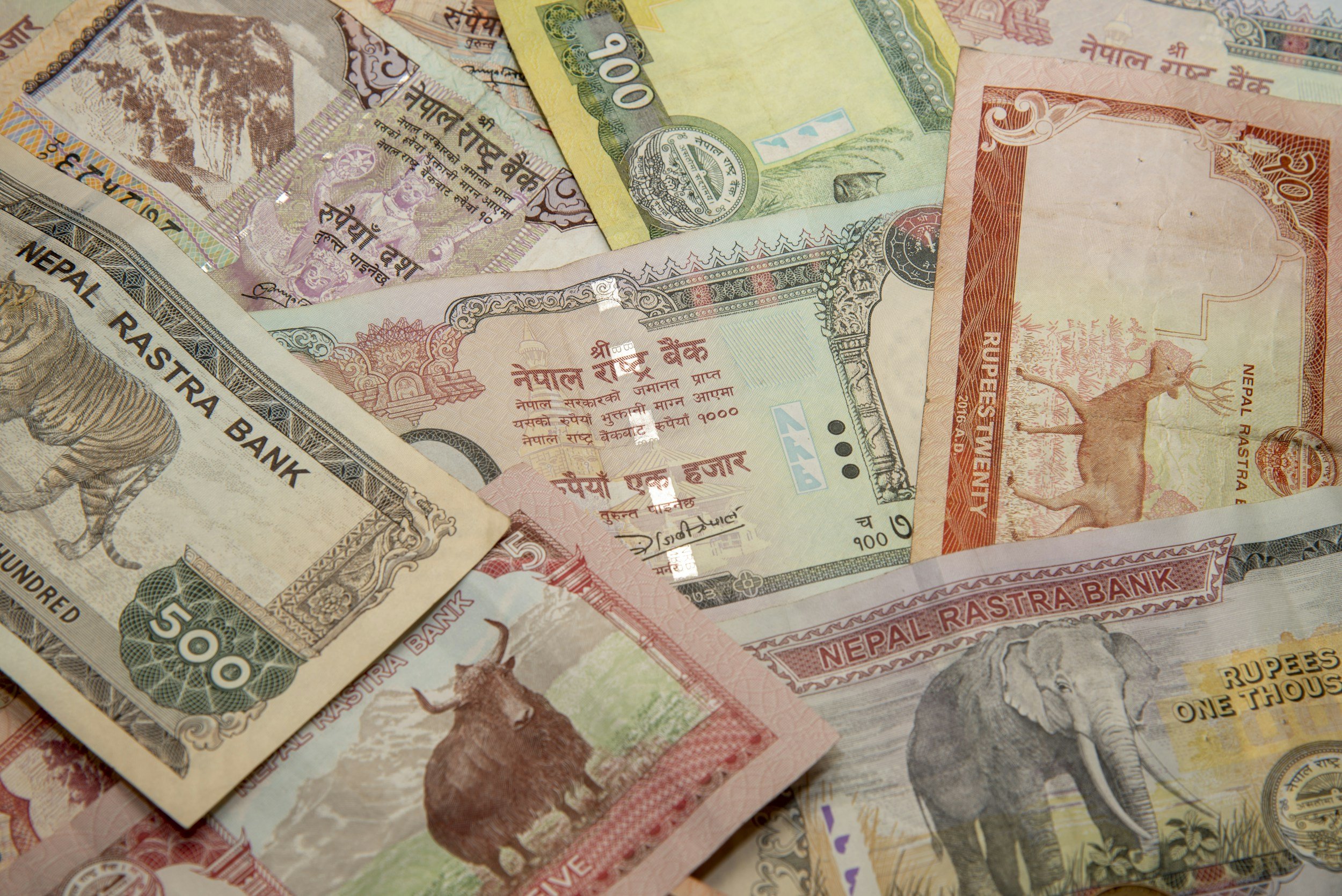How Conscious Travel Directly Supports Healthcare and Education
A Year That Slowed Me Down
In 2018, life cracked me open. I had accident after accident, and it felt like the universe was forcing me to stop rushing, stop forcing, and start listening. That year brought me to Northern Vietnam, where I was headed to Mai Chau to meet a woman doing incredible community work. From there, the crossing into Laos was close. I figured: I’m already here—I have to go.
Somewhere along the way, I got Bell’s Palsy. My face partially paralysed, I was physically drained but spiritually stubborn. I kept going.
A Detour Guided by Curiosity
After a short stop in Viang Xai to visit the “cave museums” of the Secret War, I had to decide where to next. Do I go left or right? I saw a patch of green on Google Maps, likely a forest reserve or national park. I chose green.
That decision led me to Nam Et-Phou Louey National Park, one of Laos’ most pioneering examples of eco-tourism supported by the government. I had wanted to do the full five-day trek, but Bell’s Palsy made me nervous. I opted for the overnight trek instead. What happened on that short journey changed everything.
What You Don’t See, But What’s True
I joined a group that included an older woman who asked a simple question:
“How has ecotourism changed your life?”
The guide translated the story of one of the local farmers. He said he had eight children. Now he has only three.
Before tourism income, a winter flu could take a child’s life. If one of his kids got sick, he faced an impossible decision: abandon his crops to take them to a hospital (a multi-day journey with no guarantees) or hope for the best. Often, hope wasn’t enough.
Tourism changed that. With the extra money from guiding treks, he can now afford healthcare. He can pay for transport. His children are surviving. Some are even thriving.
Travel Can Be Lifesaving
That moment shook me. As a traveler, you don’t always see where your money goes. You see the jungle. You hear the birds. You hike the trail. But when you show up in places like this—remote, locally run, untouched by trends—you’re directly funding healthcare, education, and dignity. You are giving people choices they didn’t have before.
And that’s what I saw. This farmer wasn’t begging for sympathy. He was standing with pride. His job, once a matter of survival, now brought his family possibility.
From the Mountains of Laos to the Beaches of Indonesia
That one conversation in Laos echoed through every trip I took after. When I started speaking with my guides and asking more about their children and families, I saw the same thing happening—though less extreme, the desire to break generational cycles was just as strong. They love their jobs, and tourism is always there for them to fall back on, but they want more for their children.
Some of our guides and drivers are sending their kids to the best schools. Some of those kids want to become nurses, doctors, lawyers, chefs and even coders. Dreams that once felt distant are now real options. And every surf lesson, every guided hike, every thoughtfully planned trip is part of that story.
You Might Not See the Impact—But It’s There
When you travel with us, you may not meet someone who tells you a story like that farmer did. But know this: the work we do, the trips we curate, the partners we choose—every decision is based on the belief that tourism, done right, matters.
It matters because kids stay alive.
It matters because communities can educate the next generation.
It matters because transformation happens, even when it’s invisible.
TL;DR: In 2018, I visited Nam Et-Phou Louey National Park in Northern Laos and met a local farmer whose life had been transformed by ecotourism. Before tourism income, even a winter flu was fatal for his children. Now, thanks to guiding work, he can afford healthcare and send his kids to school. This powerful experience reminded me that responsible travel directly supports healthcare, education, and opportunity—even when we don’t see it











